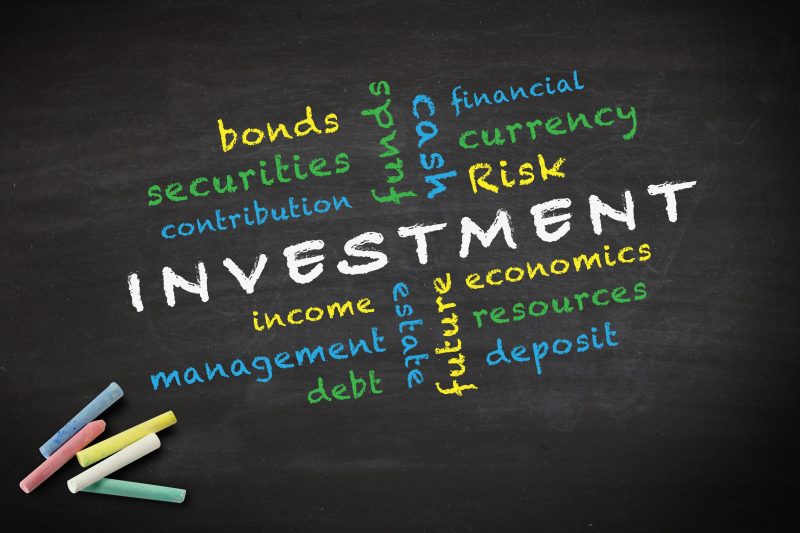If the idea of commodities trading intrigues you, a managed portfolio may be the best introduction. Even if you have traded for a few years, managed accounts take the emotional investment out of trades and add more technical savvy. Nevertheless, commodities add a dynamic dimension to your trading repertoire.
Defining Commodities
The easiest way to think of commodities is as raw materials. Commodity Investing has become simpler over time and thus more available to even those with only modest market experience. Four categories sum up commodities and are as follows with some examples.
*Energy – Natural gas and crude oil
*Agriculture – Cereals like wheat and corn as well as other essentials like coffee beans and sugar
*Metals – Precious metals such as gold and platinum along with copper and iron
*Livestock and meats – Includes not only live animals such as cattle but also beef and pork bellies
Advantages of Commodity Investing
Commodities provide investors with the means to diversify their portfolios. Since commodities often move against stocks and other traditional exchanges, they provide you general protection from volatility. Your portfolio will achieve overall stability despite the greater volatility inherent in trading commodities versus stocks and bonds.
Diversification will not provide you with automatic profits, but proper management should boost your returns.
Another advantage of adding commodities to your trading is support for your assets during periods of high inflation. Metals like gold and copper illustrate the resilience of commodities during any economic upheaval. While commodities usually perform well during inflation, stocks and bonds tend to fall in value.
Ways to Trade Commodities
You can venture into commodities in several ways. However, you are most likely going to exercise futures or speculative trading. You will buy a contract of a chosen commodity based on whether you think the future price will increase or decrease.
An alternative but similar premise is options trading where you place a call (price goes up) or put (price goes down) order much like you would on the Forex market. In both methods, you control your trades by employing a stop. A stop command dictates your range before the system automatically takes you out of the trade. When monitoring your positions, you can also manually end the trade to prevent huge losses.
Whether a beginner trader or experienced broker, visit us at SItename to benefit from our managed futures trading. We offer professional assistance to find investment opportunities and preserve your wealth through a rules-based, systematic, and unemotional approach to commodities investment.

